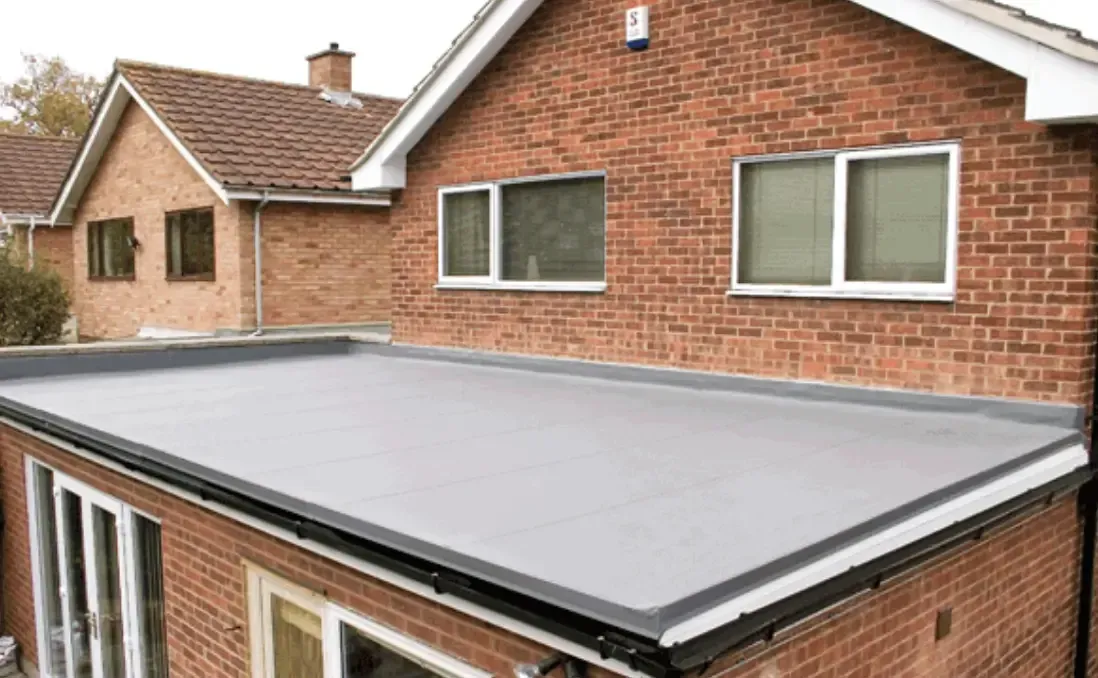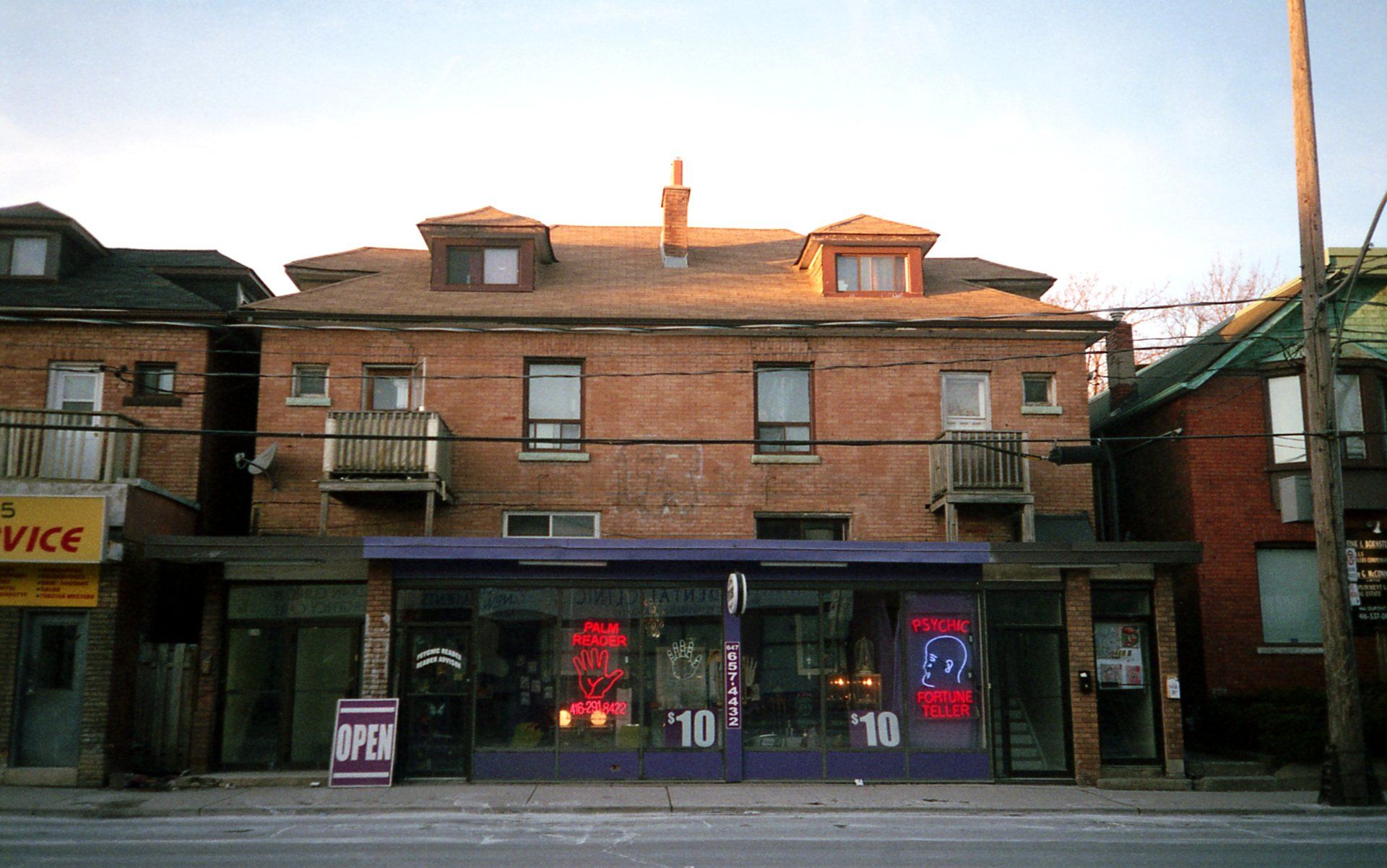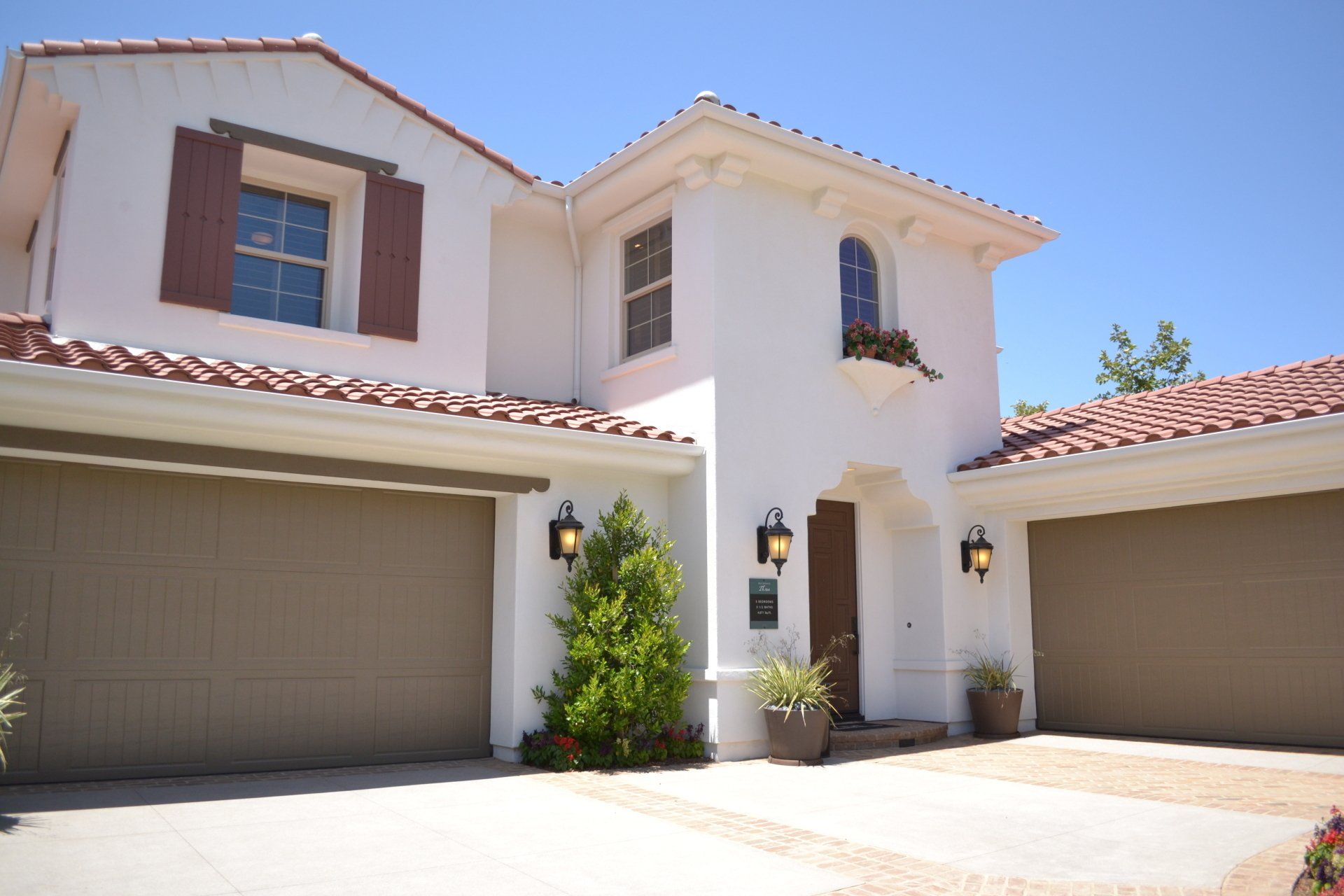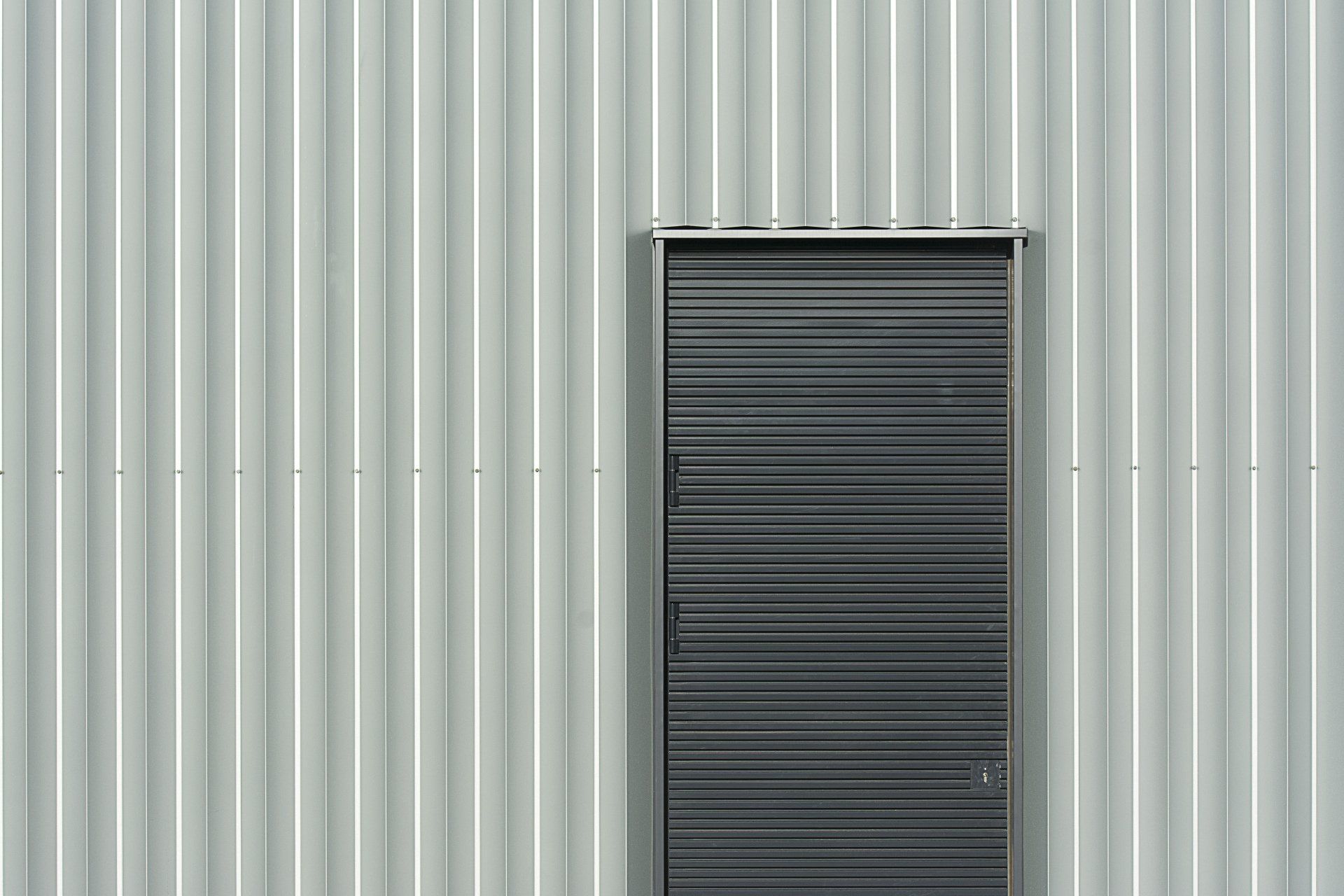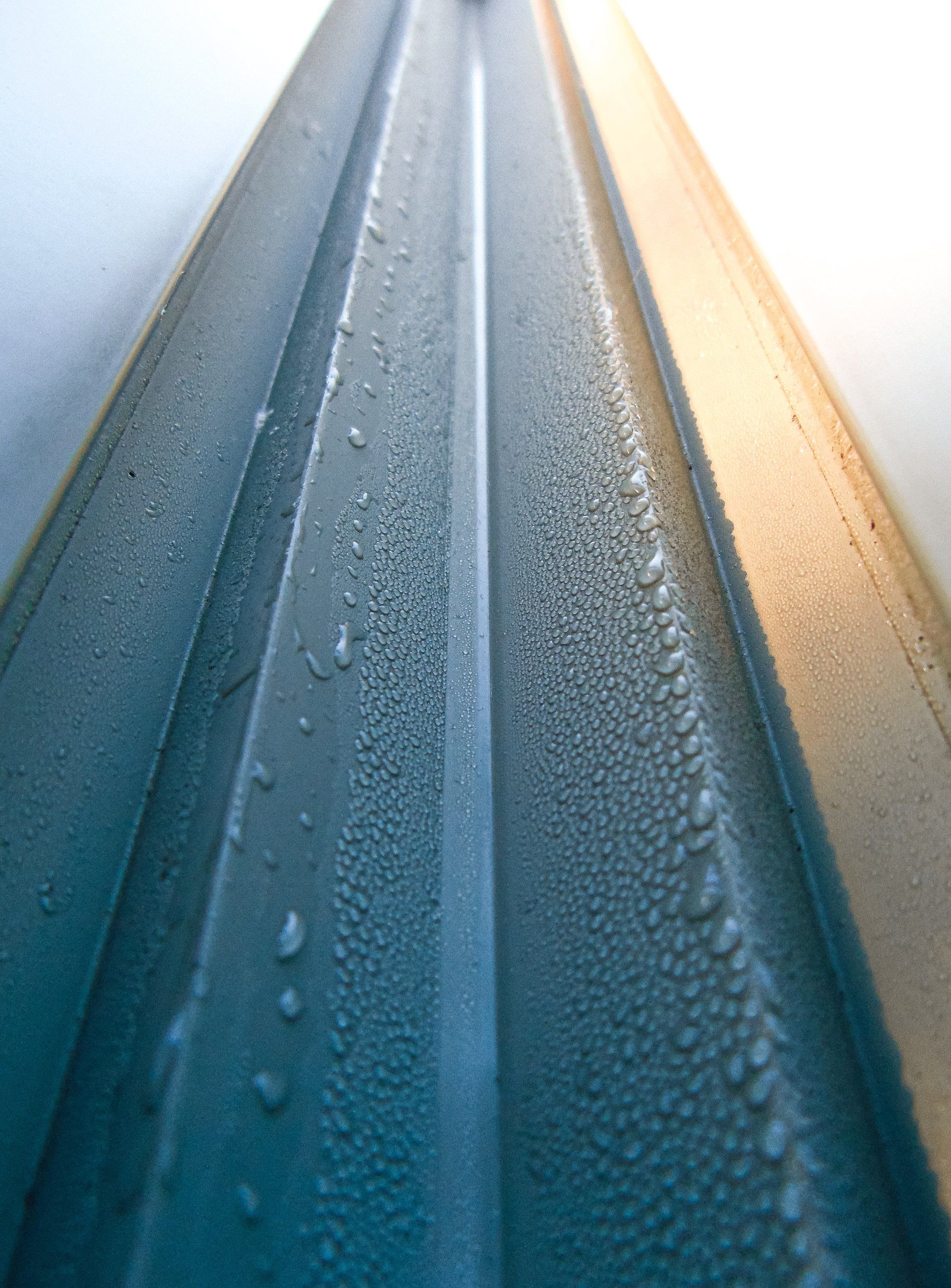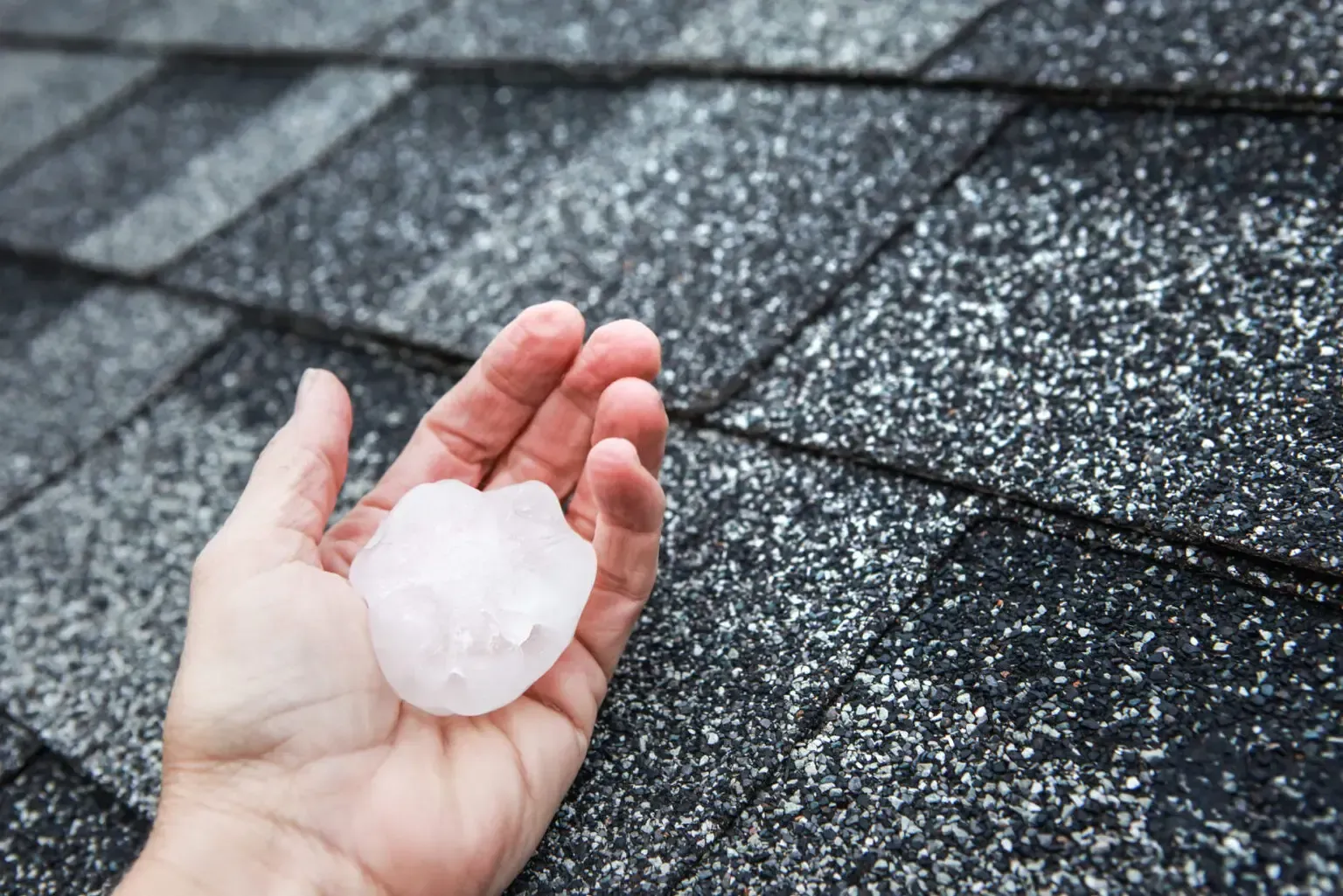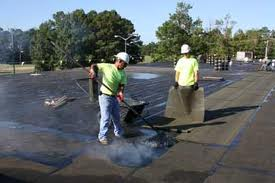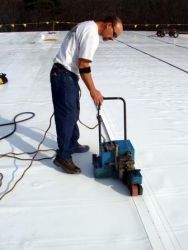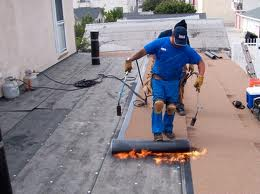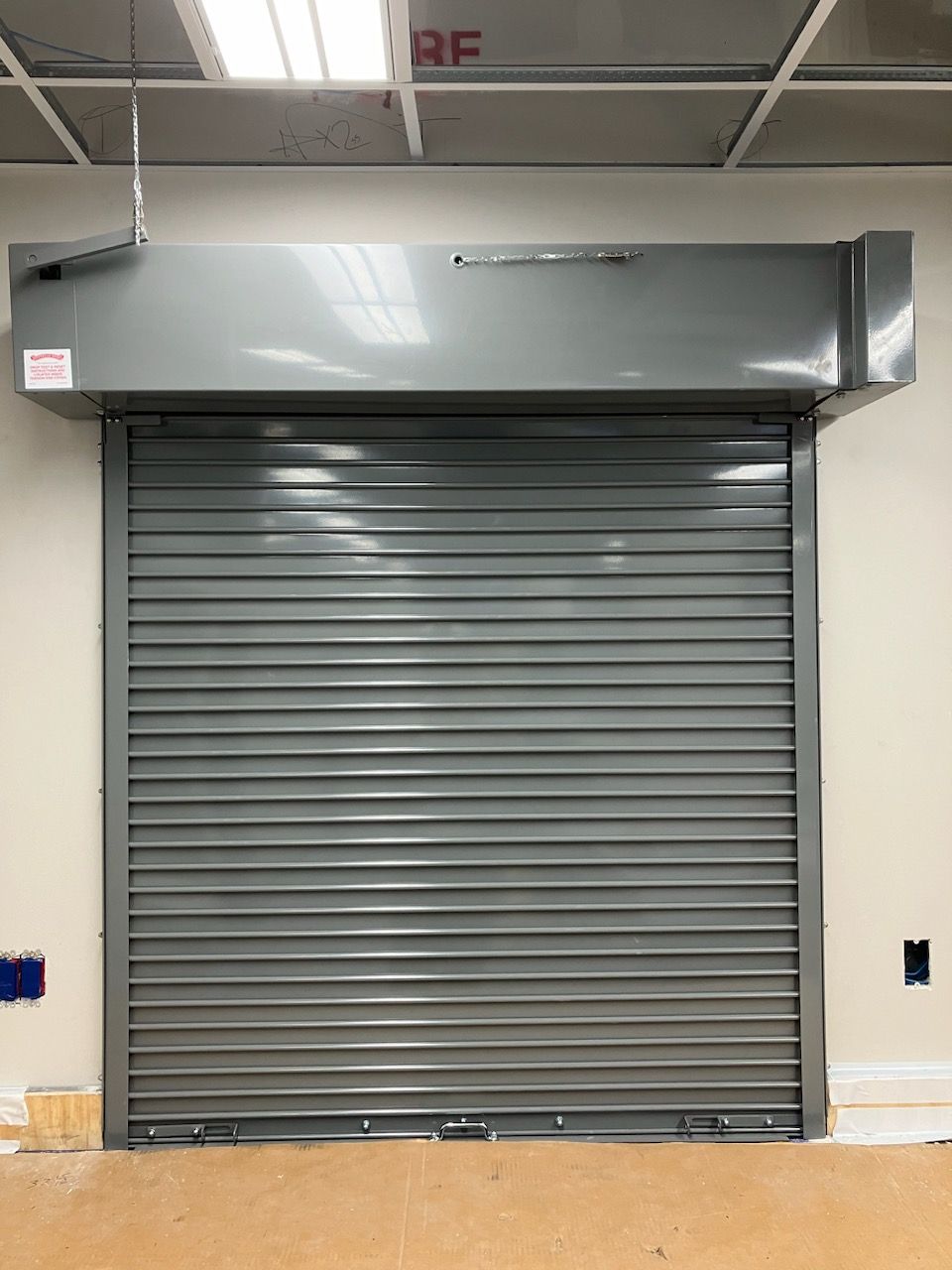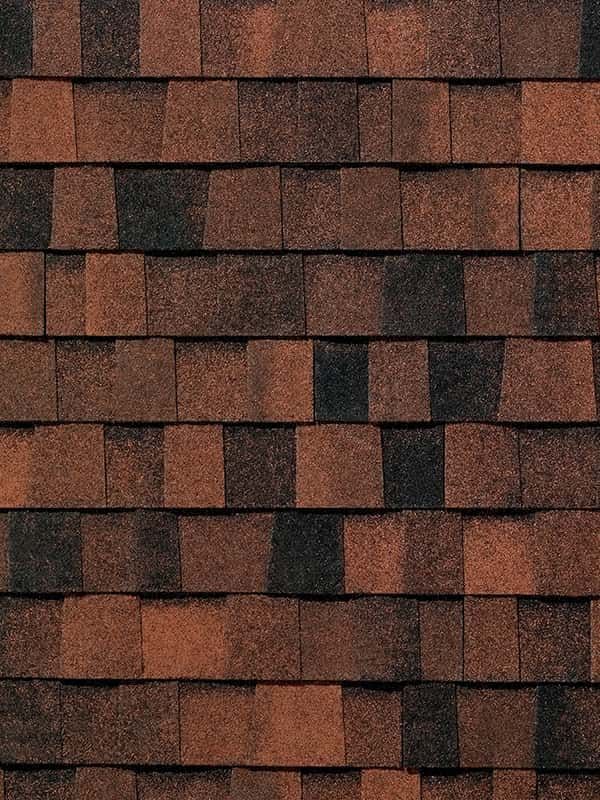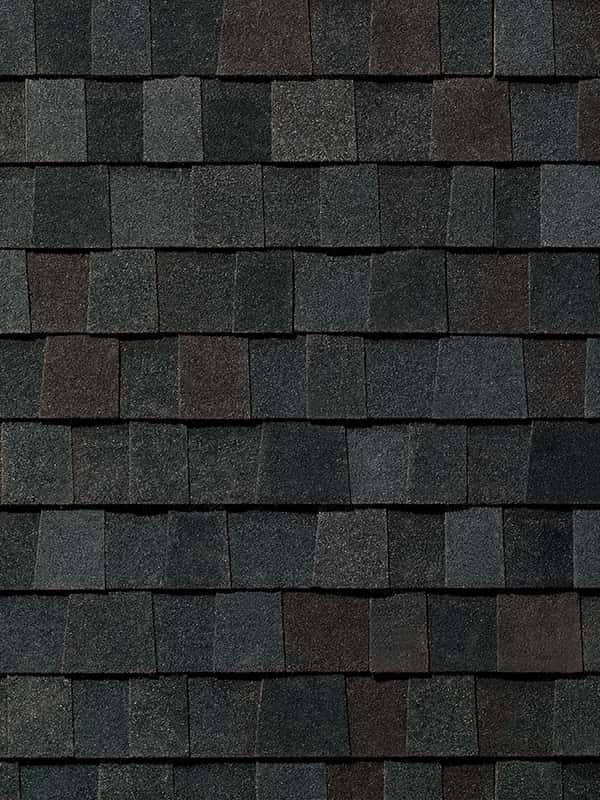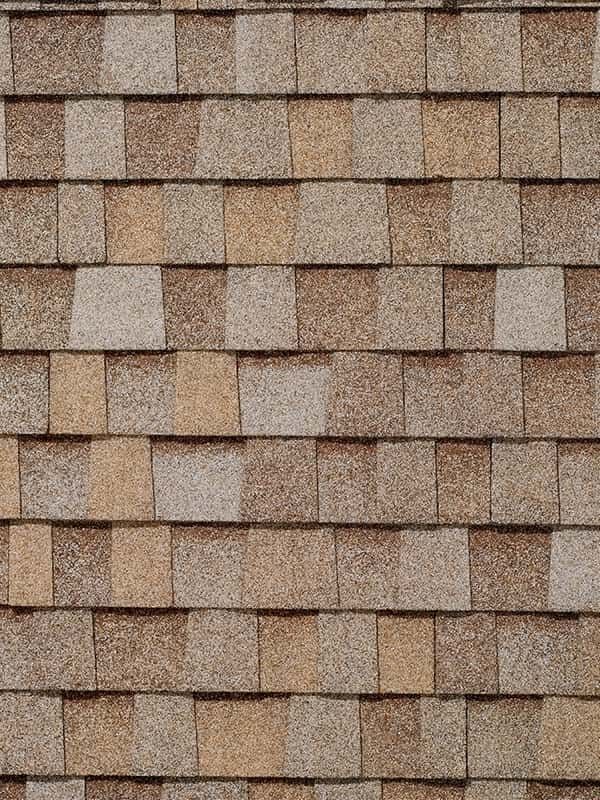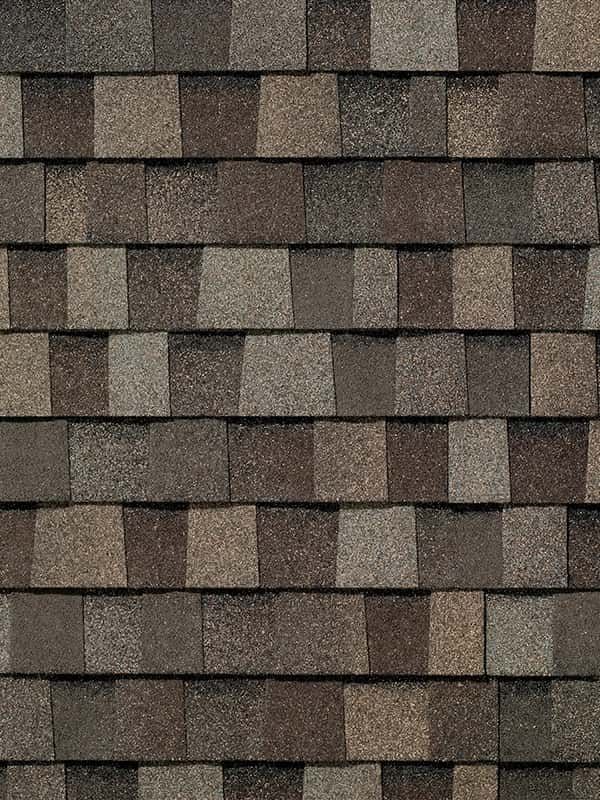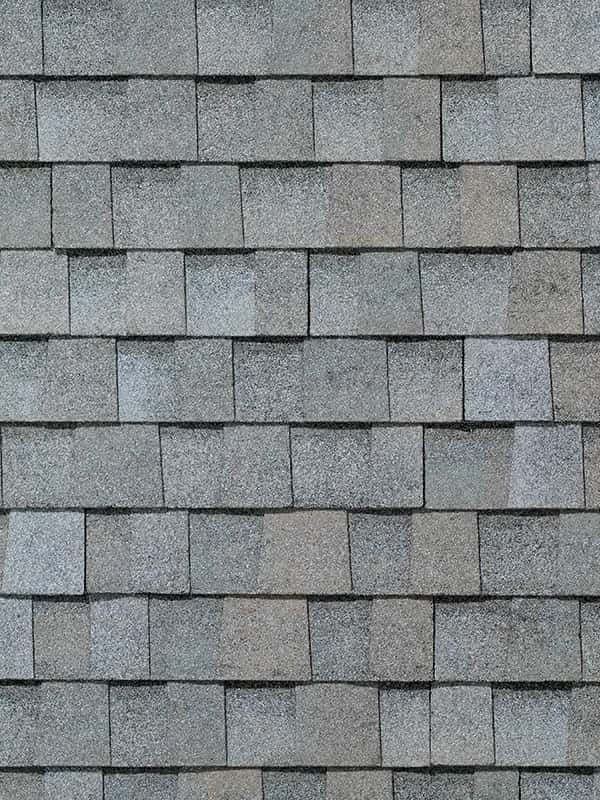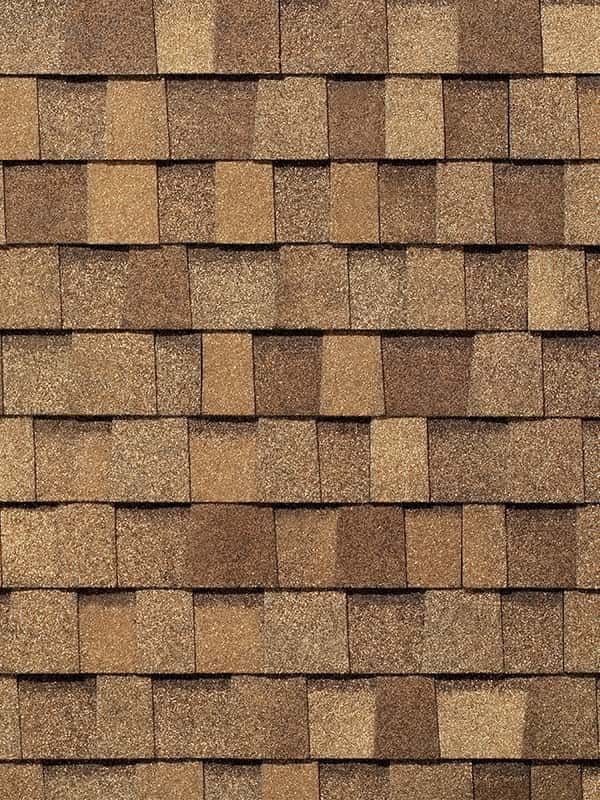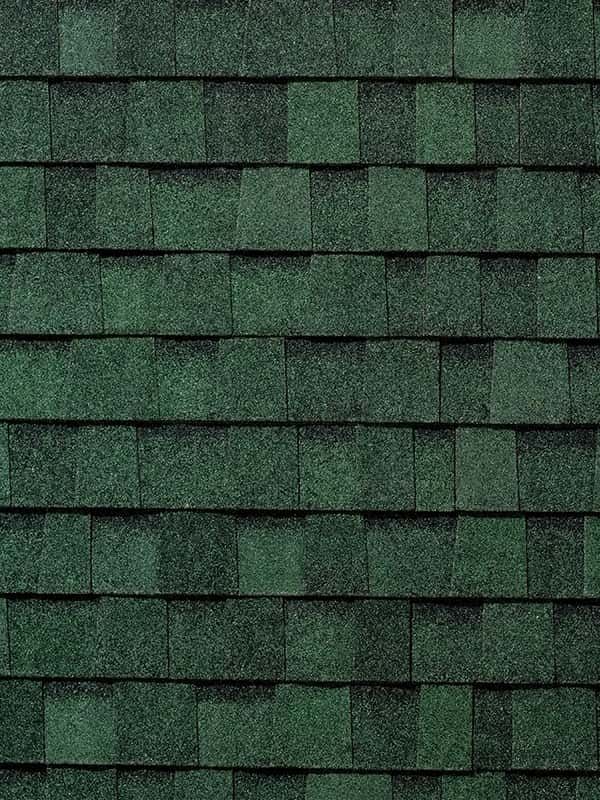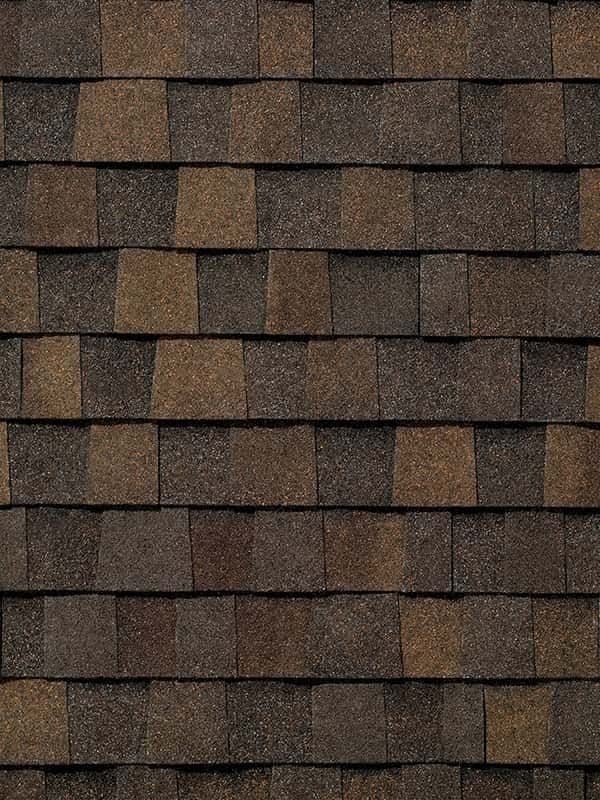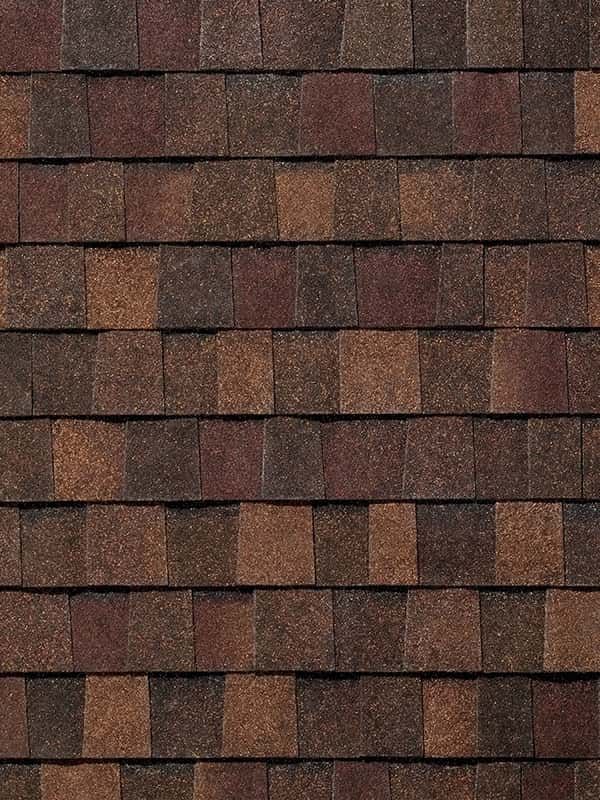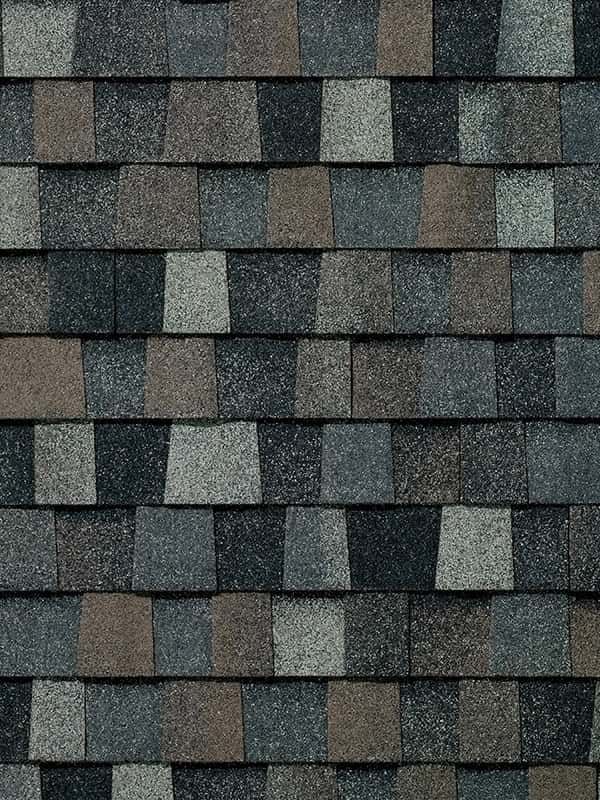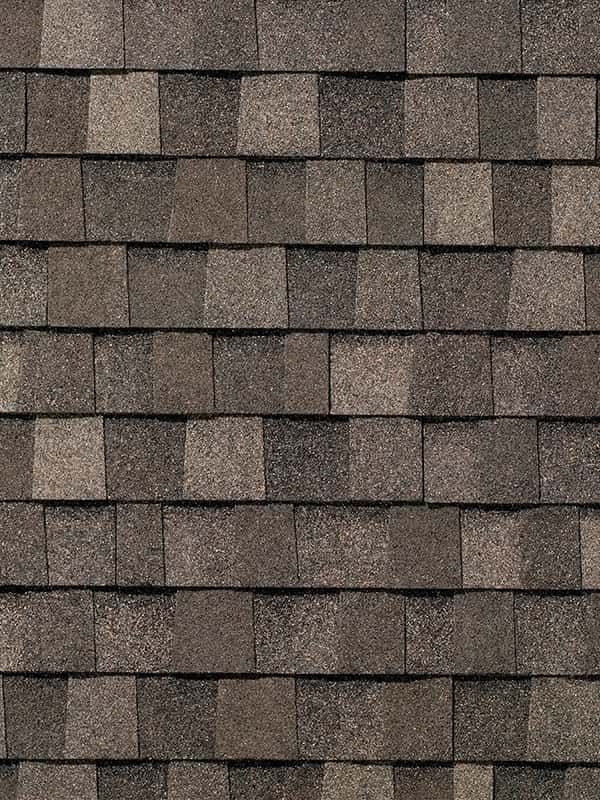Residential Roofing
We provide designer asphalt shingles, the most commonly installed shingle in the past 60 years.
Asphalt Shingles
Dimensional or Heritage style
Dimensional / Heritage Style are the most common asphalt shingle in the US. They are a three-foot-wide shingle with additional triangular pieces factory sealed on top to give the shingle dimension. It has a more aggressive stick down design, allowing higher wind resistance. Typically, these shingles have a 30 – 50-year material warranty. Weathercraft also uses a variety of brands for these shingles too, including Tamko Heritage, Malarky Highlander, and IKO Dynasty.
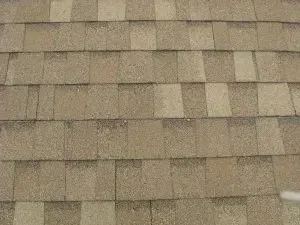
Class 4 Impact-Rated Shingles
Class 4 Impact Rate Shingles are able to withstand higher levels of weathering and impact resistance. They are independently tested by ASTM to get their rating. Some insurance companies will give a discount for homeowner’s property insurance if they install Class 4 shingles, up to 30% annually! They do cost more, so a payback cost analysis should be conducted to determine if it’s the right decision for the homeowner. These shingles come with a 50 year warranty. Weathercraft uses Malarky Legacy, IKO Nordic, and Atlas Storm Master.
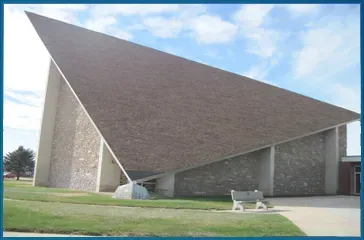
Designer Asphalt Shingle
Numerous designer asphalt shingles have been installed or are in production. Each has unique characteristics. We will briefly discuss a few common styles of these asphalt shingles, both those that are no longer produced and those that are still being produced.
Presidential Style (Still in Production)
Presidential Style has a “saw tooth” appearance. These shingles are high quality because they use a high amount of asphalt. There are two styles; regular and triple laminate which has 1/3 more asphalt and additional fiberglass mat. The cost is higher, mostly due to the appearance. Weathercraft installs two types known as CertainTeed Presidential and Tamko Vintage.
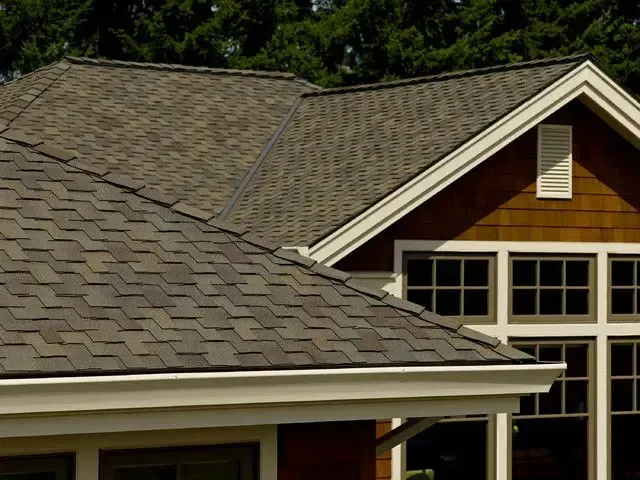
Carriage House (Still in Production)
Carriage House have a scallop appearance, and a higher cost. These shingles are typically only chosen for their appearance.
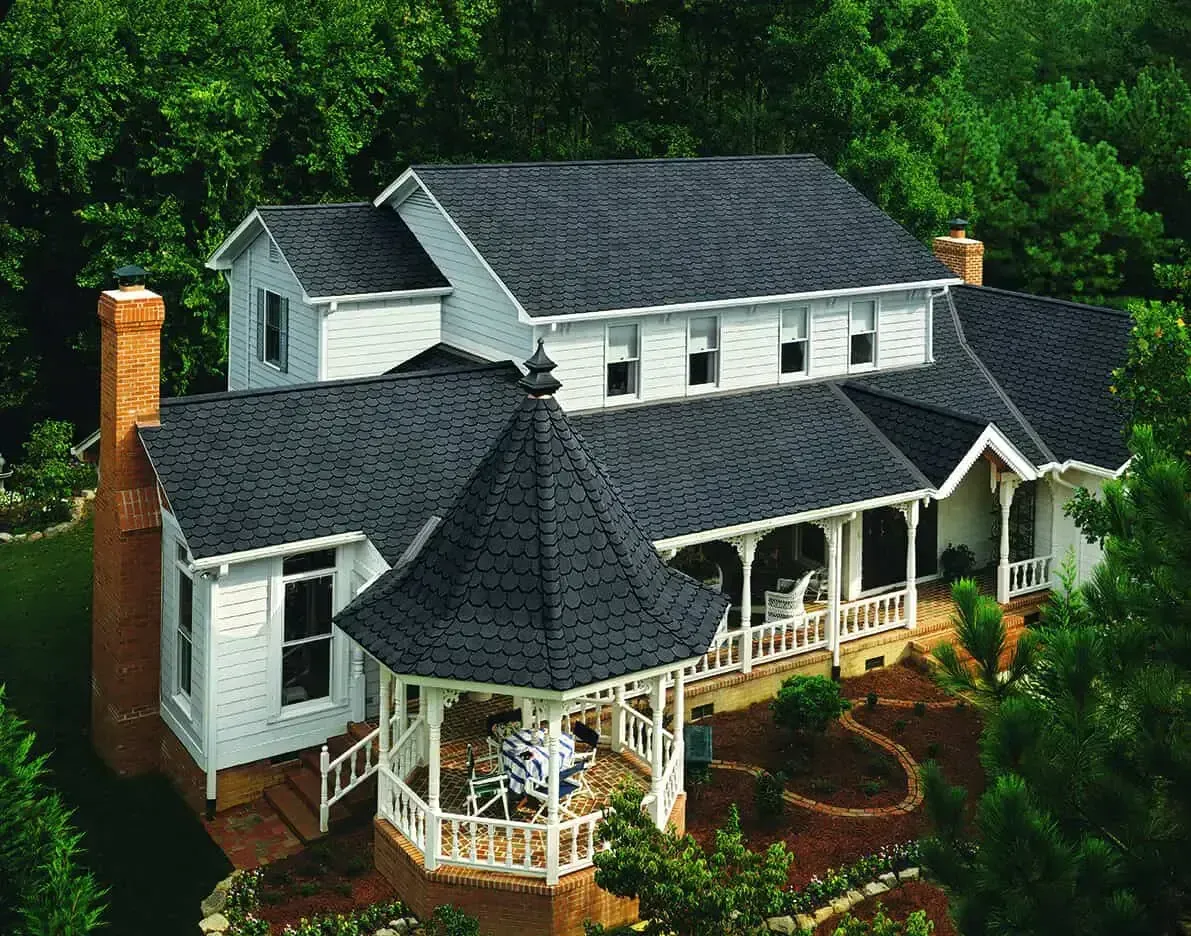
Wood Roofs
Before asphalt shingles existed, using wood as roofs were the main way to waterproof a home. Wood roofs are made from cedar and have different qualities identified by numbers. #1’s are the best cuts with no knots and imperfections. #2’s has some knots, while “Mill Runs” is whatever remains. Weathercraft recommends using only #1’s. After installation, the wood will weather to a grayish color after 3 to 6 months. Wood roofs are more expensive than asphalt and are typically installed for appearance. Wood roofs usually last 20 to 30 years, depending on the weather damage they experience. There are two types of wood roofs: wood shingles and wood shakes.
Wood Shingles
Wood Shingles are uniform and have 5” exposure on each shingle. Wood shingles are more expensive than wood shakes. They typically have a gapped sheathing underneath and may require new wood decking when removed.
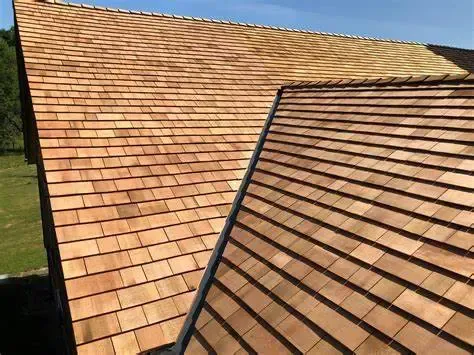
Wood Shakes
Wood shakes typically have 10” exposure. There are three styles; medium, heavy, and jumbo. Cost depends on the thickness. Wood shakes are interlaced with strip felt between each layer.
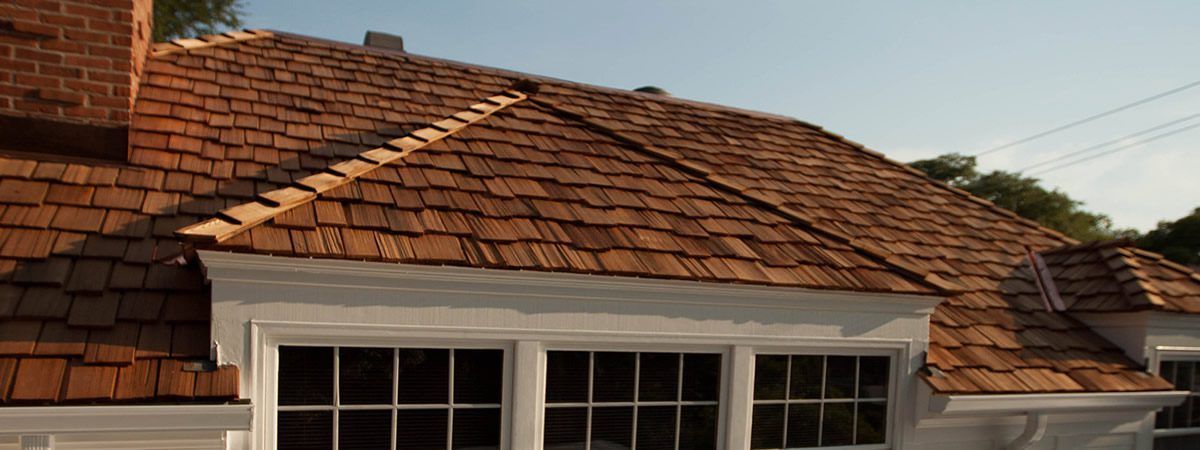
Metal Roofs
Standing Seam Panels
Standing Seam Panels have a vertical seam that is “seamed” with positive force. These are ordered to length, have a wide variety of colors, widths, gauges, and profiles. Using underlayment and venting is important for standing seam panels. Weathercraft uses Elevate, Metal Sales, Copper Sales, and Butler manufacturers, among others.
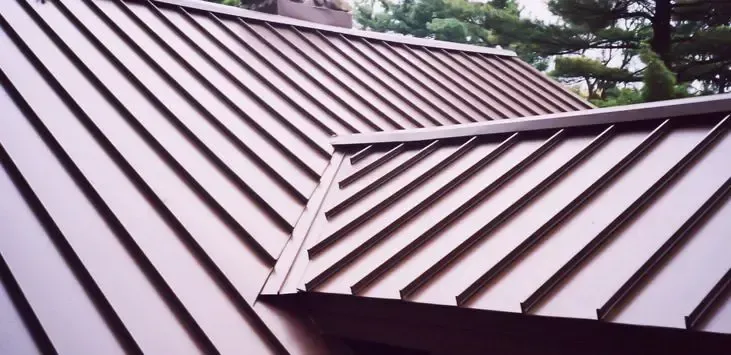
Overlapping Panels
Overlapping Panels also come in a variety of colors, gauges, and styles. Underlayment and venting are important for overlapping panels. Elevate, Metal Sales, Copper Sales, Butler, and Central States manufacturers are the main sources Weathercraft uses.
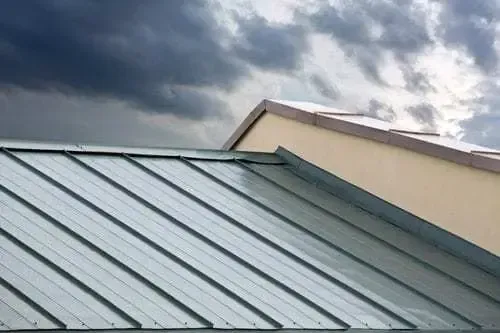
Metal Shingles
Metal shingles are 36-inch wide by 12-inch-tall metal shingles that interlock together and are installed similarly to asphalt shingles. They have a unique look and are an expensive system. As a result, they are relatively rare in the Midwest.
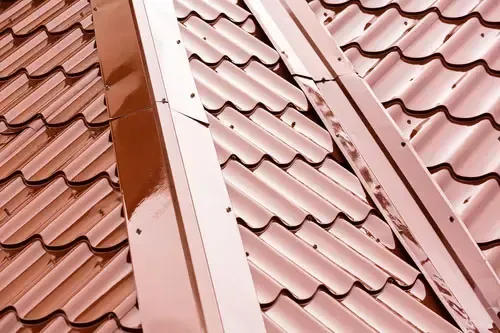
Granulated Metal Panels
Granulated Metal Panels are 36-inch-wide-by-24-inch-tall metal panels with granules — similar to asphalt shingles — glued to the topside of the panel. They come in many different styles that are designed to look like shakes, tiles, shingles, and other profiles. When installing these roofs, all existing roofing should be removed first. Some profiles will require wood batten strips to be installed on the roof first. Other profiles do not. Granulated metal panels can be found throughout the Midwest, though not nearly as common as asphalt systems. They are also more expensive to install than regular asphalt shingles.
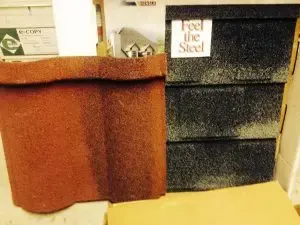
There are two main manufacturers in the Midwest. The original is Decra, which has been around for over 10 years. Another major manufacturer of granulated metal panels is Gerrard. Weathercraft is qualified to install both manufacturers’ products.
Tile Roofs
Tile Roofs are most common in the southwest. They come in many different profiles, with Spanish being the most common. Underlayment quality is critical to this roof system. Weathercraft is one of the few qualified installers in the region and have partnered with Ludowici in order to repair or replace any type of tile roof.
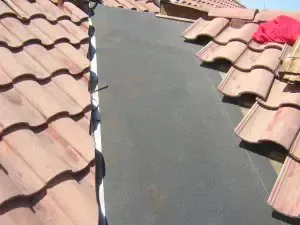
Slate Roofs
Slate Roofs are common on the east coast. These are made of rock like material that is chipped to look a certain way. There are many colors and shapes to choose from, and are popular for their longevity and resistance to weather and salt water. Slate roofs are expensive to get and install.
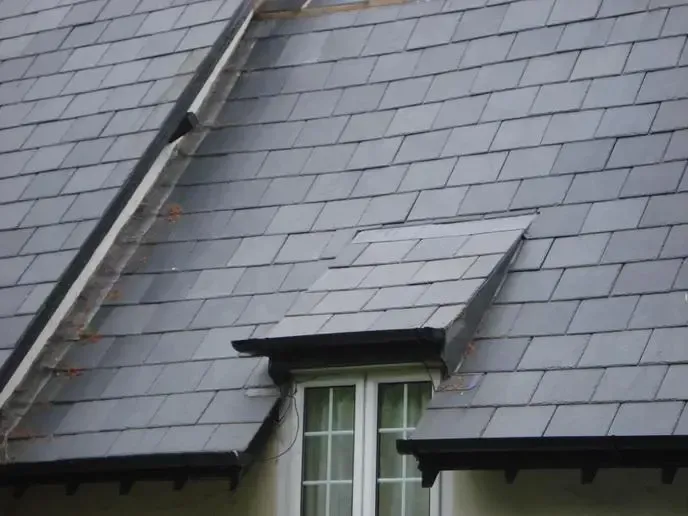
Synthetic Rubber
Synthetic Rubber use new or recycled rubber to imitate expensive roof systems. Although using rubber is more expensive than asphalt, it is still cheaper than using slate or tile and gives a similar appearance.
Asbestos Roof Shingles
Asbestos Shingles are no longer made or recommended for use. These roofs should be removed by certified contractors who are trained in the removal of asbestos. Weathercraft is certified by the state of Nebraska to remove asbestos roofs.
Flat Roof
Flat Roofs are mostly found in commercial roofing, but are seen occasionally in residential roofing. Residential flat roofs pose a unique challenge due to their slope. With Weathercraft’s knowledge in commercial roofing, we are properly suited to handle residential flat roofs.
